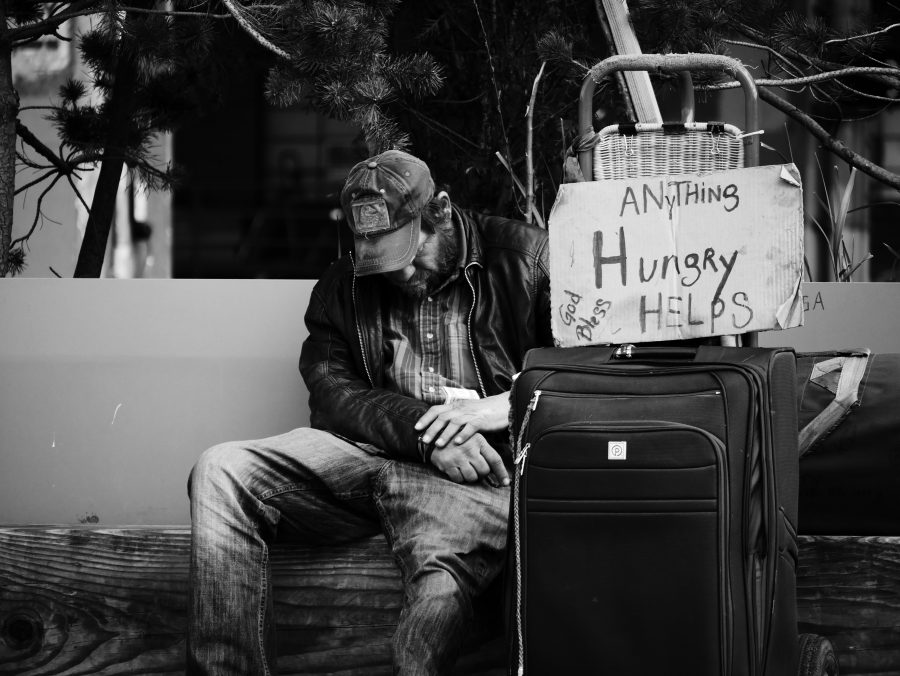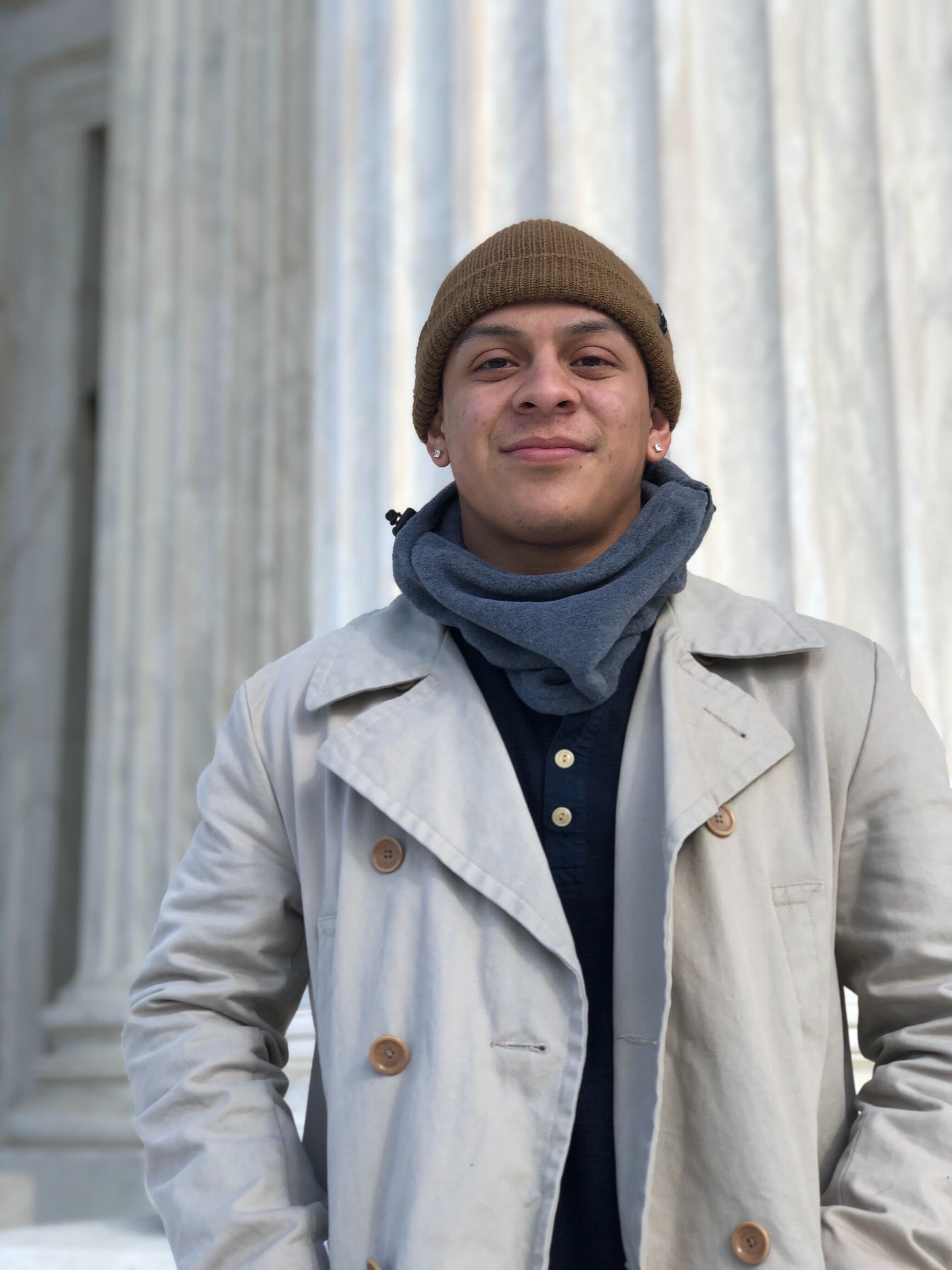The Covina City Council met at city hall for their regularly scheduled meeting on Nov. 5 at 6:30 p.m.
The meeting began with public comments from residents of Covina. One Covina resident came up to the podium and explained how rampant homelessness has gotten in Covina and said that Covina Park and Wingate Park have become “hotels” for homeless people and blamed Covina for conducting outreach programs for the homeless. The resident wanted something to be done immediately and called for time limitations on park use.
It’s no surprise that residents are frustrated with Covina, since its homeless population rose by 86 percent in 2019, according to an article published in the San Gabriel Valley Tribune. However, during the meeting, council members blamed California and the rejection of outreach programs instead.
The public comments were met with fiery refutations from the council members.
“I think we need to start making it uncomfortable for people who want to hang out here,” Mayor Pro Tem Victor Linares said. “I want to help homeless people get the help they need, but what I don’t have the patience for is the people in the park doing illegal activities.”
As for the homeless people who are rejecting certain outreach programs by the City of Covina, Council Member Walter Allen III gave them two options.
“Those people who don’t want services need to get out or go to jail,” Allen said before blaming the 9th Circuit Court of Appeals for restricting council from moving homeless people.
City Manager Brian Saeki then addressed the park time restriction proposal.
“A time limit on park use is possible, but that would apply to everybody using the parks,” Saeki said. “Including families having birthdays and kids playing basketball.”
City council members also voted unanimously to authorize a deposit agreement with Trumark Homes, LLC to develop a new housing structure for $295,960. The structure will replace the former bowling center on San Bernardino Road and Rimsdale Avenue, which has been closed since March of 2017, while partially preserving the original building.
The council members also held public hearings for the request of a zone change by North Lark Ellen Avenue, which would ultimately expand the apartment complex that is already there. A resident immediately took his chance when it was presented and said, “Only two out of the 18 residents currently living in that structure were notified of this request.”
On top of not being notified, the resident also expressed his concern about the people living in this structure during construction.
“Delivery trucks are going to be coming on McGill Street and it’s a narrow street,” he said. “The street needs to be repaved and heavy equipment is going to be there, it’s going to cause traffic on Lark Ellen.”
Saeki later addressed the resident’s concerns.
“First, notifications went out to all residents of that complex,” Saeki said. “Second, we will not allow any heavy construction on that street without our approval, and if you do see it, you can call us and we can make sure that doesn’t happen.”
Council member Jorge Marquez mentioned the overdevelopment of new housing in Covina as a point of concern.
He said, “What’s the point of having housing if we don’t have jobs that are there?”
Marquez explained that people will not be able to afford the housing if they do not have reliable jobs and that the Regional Housing Needs Assessment looks at the housing needs in California. After RHNA looks at it, the State of California then gets their information from Southern California Association of Governments about vacancy rates, population growth, forecasts of population growth and then submits a number of housing units that they think will be sufficient to aid the current housing crisis in California. This process is what is causing the overdevelopment of new housing.
City council members also unanimously voted for the reappointment of Henry Morgan to the San Gabriel Valley Mosquito and Vector Control District Board for a term of four years and for the purchase of a new police canine vehicle.



